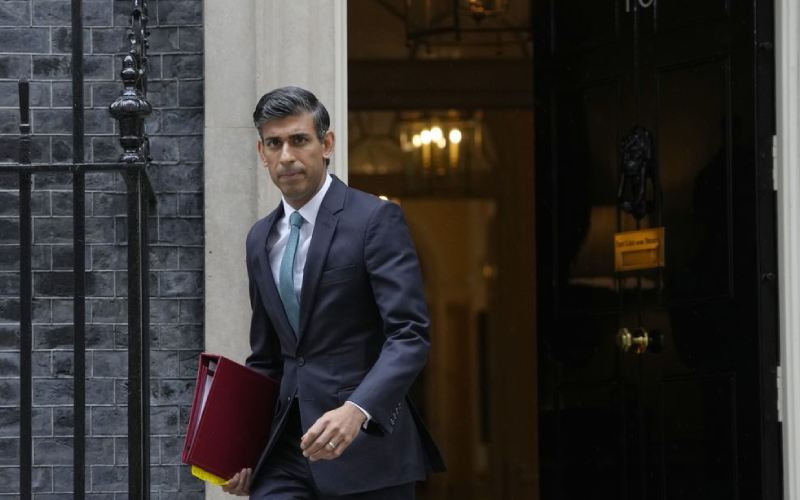×
The Standard e-Paper
Fearless, Trusted News

It was never a question of whether but rather of one when a British of Indian extraction would lead Britain.
How did that happen, and could Kenya be next? At the height of the British Empire, India was the jewel of the British crown, demonstrating how important it was to its agenda.